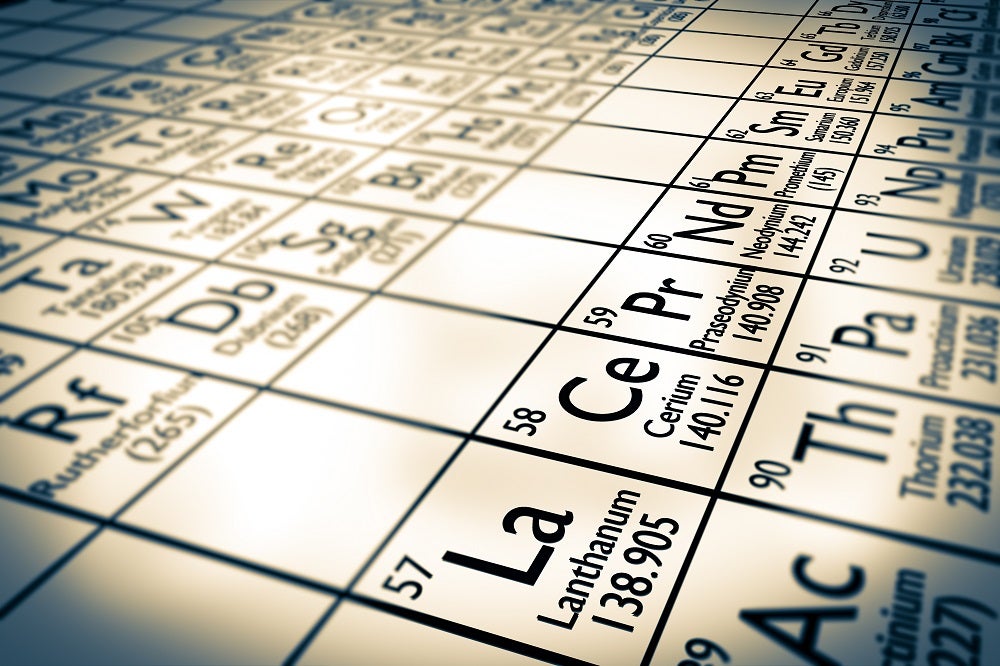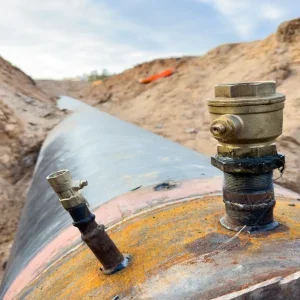
Up to $30m in funding is being released by the US Department of Energy (DOE) to address “chronic shortages” in the country’s domestic supplies of critical minerals.
It will support scientific research to increase the availability of metals like lithium, nickel and cobalt, and will be available to national laboratories, universities, industry, and non-profits.
“Specifically, the money will fund research into the fundamental properties of rare-earth and platinum-group elements and the basic chemistry, materials sciences, and geosciences needed to discover substitutes,” the DOE said in a statement.
Critical mineral security is a growing concern in the US – both under the previous administration and now that of President Joe Biden – as the country remains heavily reliant on foreign imports, notably from China.
As President Biden seeks to implement a low-carbon makeover of the US energy system, a reliable supply of commodities like lithium and cobalt – used in the manufacture of rechargeable batteries and other clean energy technologies – will be crucial to success.
“America is in a race against economic competitors like China to own the electric vehicle (EV) market—and the supply chains for critical materials like lithium and cobalt will determine whether we win or lose,” said energy secretary Jennifer Granholm.
“If we want to achieve a 100% carbon-free economy by 2050, we have to create our own supply of these materials, including alternatives here at home in America.”
Domestic shortages of critical minerals in the US pose risks to clean energy agenda
Under the Trump administration, federal agencies identified a list of 35 critical and rare earth minerals considered of strategic importance to the country, in terms of energy applications, high-tech manufacturing and defence.
The US is entirely dependent on imports for 14 of these at present, while imports account for more than 50% of supplies for a further 17.
This situation prompted the former president to declare a national emergency late last year, saying the overreliance on “foreign adversaries” constitutes “an unusual and extraordinary threat” to the US economy and national security.
The DOE, now under new leadership, says the import dependence leaves clean energy technology production at greater risk of disruption due to trade disputes, natural disasters, or armed conflicts.
Senator Joe Manchin, chairman of the Senate Committee on Energy and Natural Resources, added: “We should not be solely reliant on imports from a handful of countries, some of which have questionable mining practices, for critical minerals and rare earth elements that are crucial inputs in countless devices and technologies Americans use every day, including many clean energy technologies.
“This funding gets us closer to our goal of creating a reliable, domestic supply chain, which is important for US national security and American manufacturing, and will aid our transition to a clean energy future.”
Energy applications of these critical minerals include magnets in wind turbines, batteries in electric and conventional vehicles, phosphors in energy-efficient lighting and displays, and catalysts for mitigating greenhouse gas emissions.
Yesterday, US oilfield services company Schlumberger announced it is advancing a pilot project to extract lithium from brine deposits in Nevada, while chemicals manufacturer Albermarle plans to double production at its Silver Peak lithium operation in the state over the next five years.






